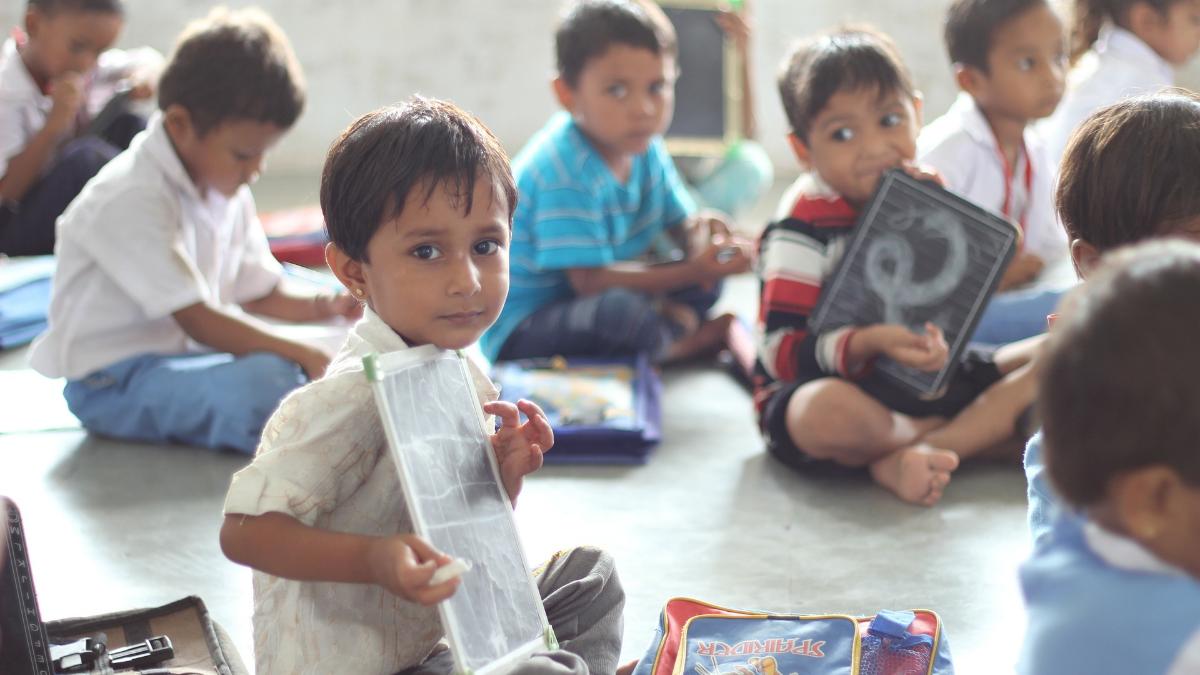In recent days, I found myself pondering the stark realities of discriminatory practices against daughters in our society. It was by sheer coincidence that I overheard a conversation that left me both shocked and dismayed. A concerned father was discussing the age gap between his son and daughter, both born just six months apart according to official records. The advice he received was nothing short of appalling: “Increase the daughter’s age and decrease the son’s.” This suggestion not only highlights the deep-seated gender bias but also underscores the willingness to commit a crime without any qualms.
The root of this issue lies in the perception that girls are an economic burden on the household, leading to widespread discrimination. Educating families about these disparities often seems like a futile effort, as it is frequently dismissed without consideration. The consequences of this discrimination are far-reaching, affecting individuals, families, and societies globally by perpetuating gender inequality and hindering development. On an individual level, the impact is multifaceted. Core values such as health, education, economic stability, and psychological well-being are consistently violated when it comes to treating girls as they mature. The outdated practice, reminiscent of the Mongolian tradition where the strongest men receive the best portions of meals while elders, children, and women are left with the leftovers, leads to severe health issues like malnutrition, neglect, and sometimes violence. These conditions culminate in poorer physical and mental health outcomes, underscoring the urgent need for change.
The broader societal implications of gender inequality are profoundly concerning. Discrimination against daughters not only perpetuates gender inequality but also hinders societal development by limiting the potential contributions of half the population. In today’s era, where numerous governmental and non-governmental organizations strive to provide free education to everyone, girls in conservative societies continue to face significant barriers to equal educational opportunities. This denial of access to education not only stifles their personal growth but also deprives their communities of vital contributions that could boost economic growth and prosperity.
In many cases, even qualified professional women holding higher qualifications are unable to pursue their dream jobs, leading to a waste of educational investments. The economic burden of educating a girl often goes unrealized, resulting in a loss of self-esteem, depression, confidence, and anxiety among women who could otherwise contribute significantly to society. This cycle of discrimination perpetuates as educationally deprived mothers often focus their attention on desiring a male child, further entrenching the preference for sons over daughters. Both educated and uneducated women are frequently treated as burdens on their families, akin to domesticated animals, leading to psychological disorders such as anxiety and depression.
Also read; Let’s encourage men as June celebrates month of men mental well being
When women are not fully integrated into the workforce, economies suffer from a loss of potential productivity. This can lead to economic stagnation, a decline in the standard of living, and an increase in poverty levels. Ultimately, social unrest and conflict may ensue. The effects of such discriminatory practices within a society can have far-reaching consequences, impacting not just individuals but the overall economy of a country. It is imperative that we address these deep-seated biases and work towards creating a more equitable society where every individual, regardless of gender, has the opportunity to thrive.




